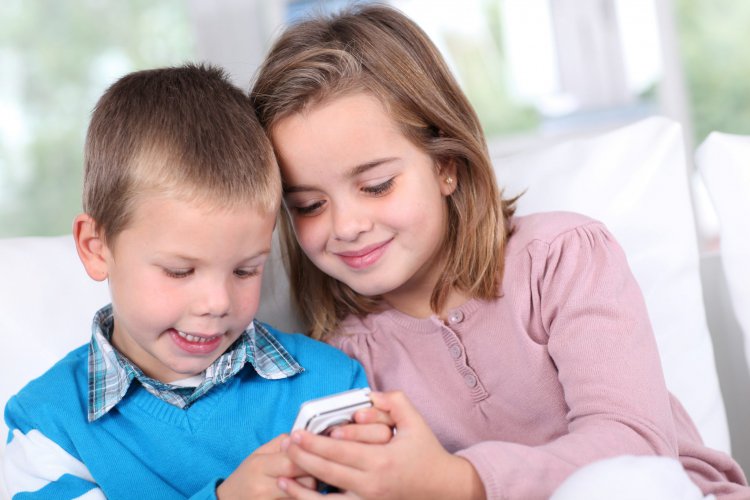Good Tech, Bad Tech
How technology is shaping new generations

Our lives are becoming more and more dependent on technology. Good or not, we are influenced by technological advancements every day. Technology affects how we communicate and interact with each other, how we learn and consume information.
Once upon a time a mobile phone had one function, it let us make phone calls. Then we could send text messages. Then the phones could handle email and instant messaging. Now the smartphones with their endless apps have taken over life as we once knew it.
We’ve greatly benefited in many ways by advancements in technology, especially in areas like health care, science and education. And while all that is great, we don’t tend to step back and think about how all the ‘fantastic new breakthroughs’ in technology could be potentially impacting our lives in less than ‘positive’ ways.
Think about how many children and toddlers you have seen using a tablet or phone. Children born since 1995 have not lived in a world without smartphones and the internet being accessible in their hands. Their lives will be fundamentally different to any other generation before them. Technology is not ‘cool’ or ‘new’ to them, it’s a way of life. They’ll have to deal with the good and the bad impacts of that. From the impacts on their social interactions to their mental health. They’ll have grown up with their parents worrying about screen time shortening their attention spans. They’ll see the affect that phones and social media has had on so called ‘millennials’ and they’ll learn from it, many will probably steer themselves against it and consciously ‘ disconnect’ more often.
The unique situation here is that smartphones are shaping young people all over the world across all socio-economic groups, and a large part of their lives will take place on their smartphones. Of course generations are never really defined by a single factor, but the impact of smartphones might just be the most significant.

